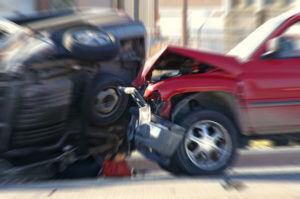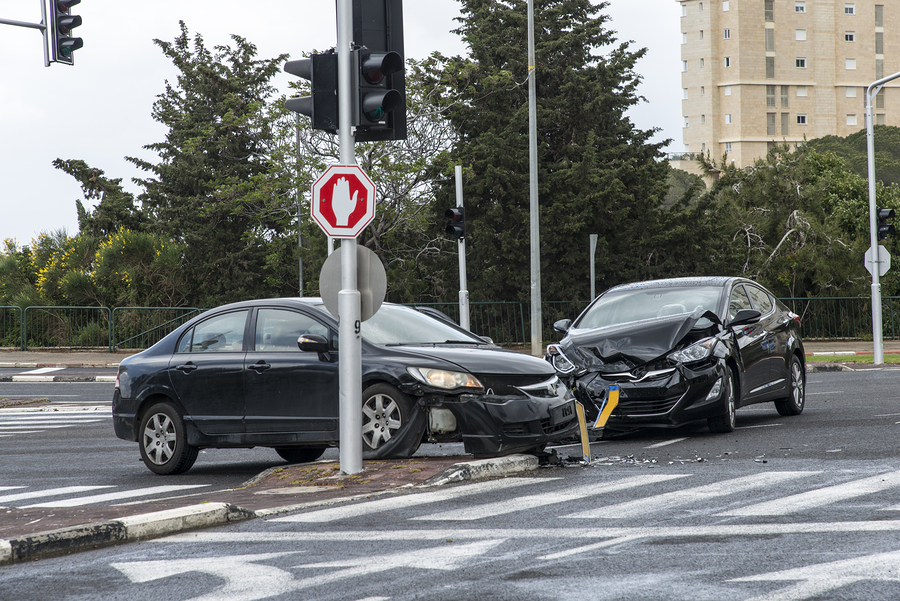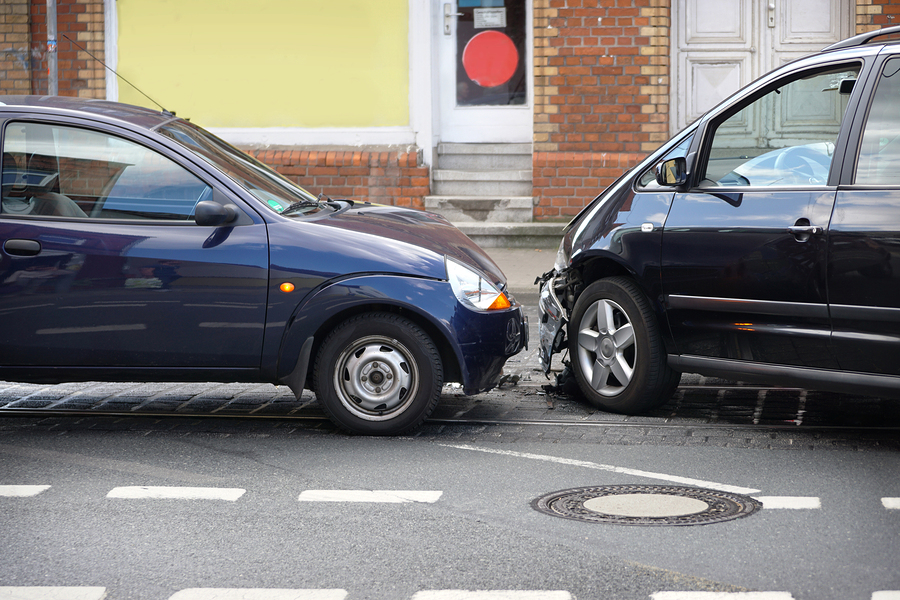Drivers violate traffic laws every single day, whether intentionally or negligently. While traffic violations regularly result in legal trouble and penalties, they can also put other drivers and pedestrians at risk for accidents and serious injuries.
If you sustain injuries in a collision due to someone’s traffic violation, a car accident attorney can help.
What Is a Traffic Violation?

Traffic laws keep drivers and others safe on and around roads and highways a traffic violation results from a driver disobeying the traffic laws.
When drivers disobey the law, they could face legal consequences and create a dangerous environment for others around them.
If you sustain injuries from someone who’s committed a traffic violation, count on a car accident lawyer to help you pursue justice.
The Most Common Types of Traffic Violations
There are numerous possible traffic violations, but the most common ones are as follows.
Speeding
Speeding is one of the most common types of traffic violations. Unfortunately, many individuals speed without realizing it because they are unaware of the posted speed limit. However, most drivers speed intentionally.
Speeding can not only result in legal consequences, but it is also dangerous to other drivers and pedestrians. According to the National Highway Traffic Safety Administration (NHTSA), speeding has contributed to about one-third of all motor vehicle fatalities for more than 20 years.
Speeding significantly increases the chances of accidents. In the most unfortunate cases, these accidents result in death. A traffic violation attorney can handle the case whether a speeding accident results in injury or death.
Following Too Closely
According to Virginia law, a driver cannot follow another vehicle unreasonably close, depending on the speed, traffic, and road conditions.
When a driver follows the vehicle in front too closely, it leaves little to no room for the front driver to safely stop if needed. Should the front driver need to slow down or stop suddenly, the rear driver may be following too closely to prevent a rear-end collision from occurring.
Distracted Driving
Every driver has engaged in distracted driving at some point or another.
Many things can cause a driver to become distracted, including:
- Texting or talking on the phone
- Changing the music or radio station
- Eating
- Putting on makeup
- Disciplining children in the backseat
- Dropping something and attempting to grab it
Driving requires drivers to be alert to drive safely and avoid accidents. Therefore, while multitasking might seem easy while driving, it is never wise.
Failure to Obey Signs
One of the first things a teenager learns when learning to drive is always to obey street signs. However, some drivers fail to follow signs, either by choosing to intentionally disobey or driving distracted and failing to notice posted signs.
Traffic signs exist for a reason. When drivers disobey traffic signs, they’re breaking the law and potentially putting others at risk.
Running a Red Light
Similar to traffic signs, drivers must always stop at red traffic lights. Virginia law dictates that when a stoplight turns red, moving traffic needs to stop.
Many individuals run red lights because they first ignore the yellow light. However, the law also dictates that traffic must stop when an amber light appears.
Failure to stop at a red light puts drivers with the green light in danger of collisions resulting in significant injuries. As a result, traffic violation attorneys commonly handle injury cases resulting from defendants running red lights.
Driving Under the Influence (DUI)
A driver faces charges for driving under the influence (DUI) if they operate a vehicle while under the influence of alcohol or drugs. When a driver is impaired, they cannot drive safely and responsibly.
Driving under the influence is a crime, and charges for DUI come with severe consequences. Beyond that, an impaired driver puts other drivers and pedestrians in danger.
Some drivers do not realize their level of impairment and choose to get behind the wheel of a car. When under the influence of alcohol or drugs, it’s never right to get on the road.
Reckless Driving
Reckless driving is driving in a manner that endangers others, having little regard for their lives and well-being.
The law does not always look at the speed at which a person drove but rather how they drove. For example, if a driver drives with conscious disregard for others, they can be found guilty of reckless driving.
You may be driving responsibly on the road, putting yourself at little to no risk of crashing. But if you encounter a reckless driver, your careful driving habits may not protect you from getting into an accident.
A car accident lawyer is well equipped to represent you in even the most challenging reckless driving claims.
Aggressive Driving
Many drivers engage in aggressive driving if they’re experiencing road rage or want to get to their destination faster. However, there is never any excuse for aggressive driving, as it creates danger on the road.
Aggressive driving can encompass:
- Following too closely
- Failing to stop or yield right of way to vehicles entering the highway
- Improperly passing
- Speeding
In many cases, drivers drive aggressively to harass, shock, and intimidate other drivers. Aggressive drivers face misdemeanor criminal charges and legal consequences. Besides the legal ramifications, aggressive driving can cause collisions and significant injuries to victims.
Wrong-Way Driving
Roads are marked to indicate the right way to drive. Wrong-way driving involves a driver driving opposite to the flow of traffic.
Wrong-way driving can happen accidentally, but in most cases, it occurs due to alcohol or drug use and impaired driving. Driving in the opposite direction can result in head-on collisions.
Driver’s License Offenses
A driver’s license is required to drive a vehicle. Operating a car without a license is dangerous for others and against the law.
There are other illegal actions related to licenses, including:
- Driving with a suspended license
- Driving with a revoked license
- Driving incorrectly with a learner’s permit
There are many different types of licenses. For example, if you wish to operate a motorcycle, you need a special license—a regular driver’s license will not suffice.
When to Contact a Car Accident Lawyer?
Traffic violations come with legal penalties and heighten the occurrence of accidents.
Consult a car accident attorney immediately if you're in a collision due to another driver's traffic violation. A car accident lawyer can help you hold the liable party responsible for their wrongdoing and pursue financial recovery for your losses.


